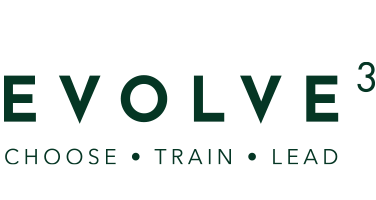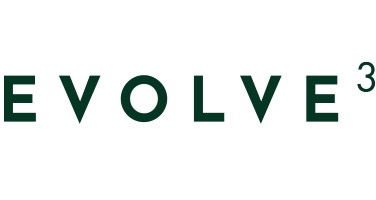
20 May Are you sure? Why a job interview is a risky basis for making a hiring decision
Interviews are often regarded as the primary gatekeeper for selecting candidates for job positions. However, relying solely on what a candidate presents in an interview can be fraught with pitfalls. Most candidates try to present themselves in the best possible light, and there are several reasons why their responses and assertions may not be entirely accurate.
Firstly, candidates may exaggerate or embellish their qualifications and experience to appear more suitable for the role. In a competitive job market, the pressure to stand out can lead individuals to stretch the truth or even fabricate details. This can result in hiring managers making decisions based on false information, ultimately leading to mismatches between the candidate’s actual abilities and the demands of the job.
Secondly, candidates may try to hide, downplay, or omit negative aspects of their employment history or skill set. Whether it’s gaps in employment, conflicts with former colleagues, or lack of proficiency in certain areas, candidates may gloss over these details to avoid raising red flags. Without a complete picture of a candidate’s background, employers can make ill-informed hiring decisions that negatively impact team dynamics, productivity, and business profitability.
Additionally, the interview setting itself can influence the information candidates choose to disclose. Nervousness, pressure to perform, and the desire to please the interviewer can all affect the accuracy of the information provided.
Finally, how well trained is the interviewer? Many managers and senior staff responsible for hiring team members have never been properly trained to conduct them. Conducting a high quality, searching, well controlled job interview is a complex performance skill. It requires high levels of confidence, excellent time management, focused concentration and communication skills. An ability to notice and interpret body language signals, along with above average literacy and numeracy to keep track of relevant information. It’s highly likely that those conducting job interviews will miss some of the ‘red flags’ mentioned earlier.
Basing your hiring decision solely on an interview neglects other valuable sources of information, such as reference checks, skills & aptitude tests, and other assessments. These additional candidate screening steps will help provide a more complete understanding of someone’s suitability for the role and help expose issues that a single interview cannot.
Take-away: while interviews are a vital part of the hiring process, they should not be the sole basis for evaluating candidates. Employers must recognise the limitations of relying solely on what candidates tell them in interviews and employ a multifaceted selection process to assess a candidates’ suitability for the role. Effective hiring involves careful risk assessment to make more informed decisions and avoid the pitfalls associated with assuming the accuracy of what a candidate asserts during an interview.
To learn more, consider attending our 2-day How To Choose workshop for a comprehensive, interactive introduction to structured selection processes designed to improve the effectiveness of your hiring decisions.



